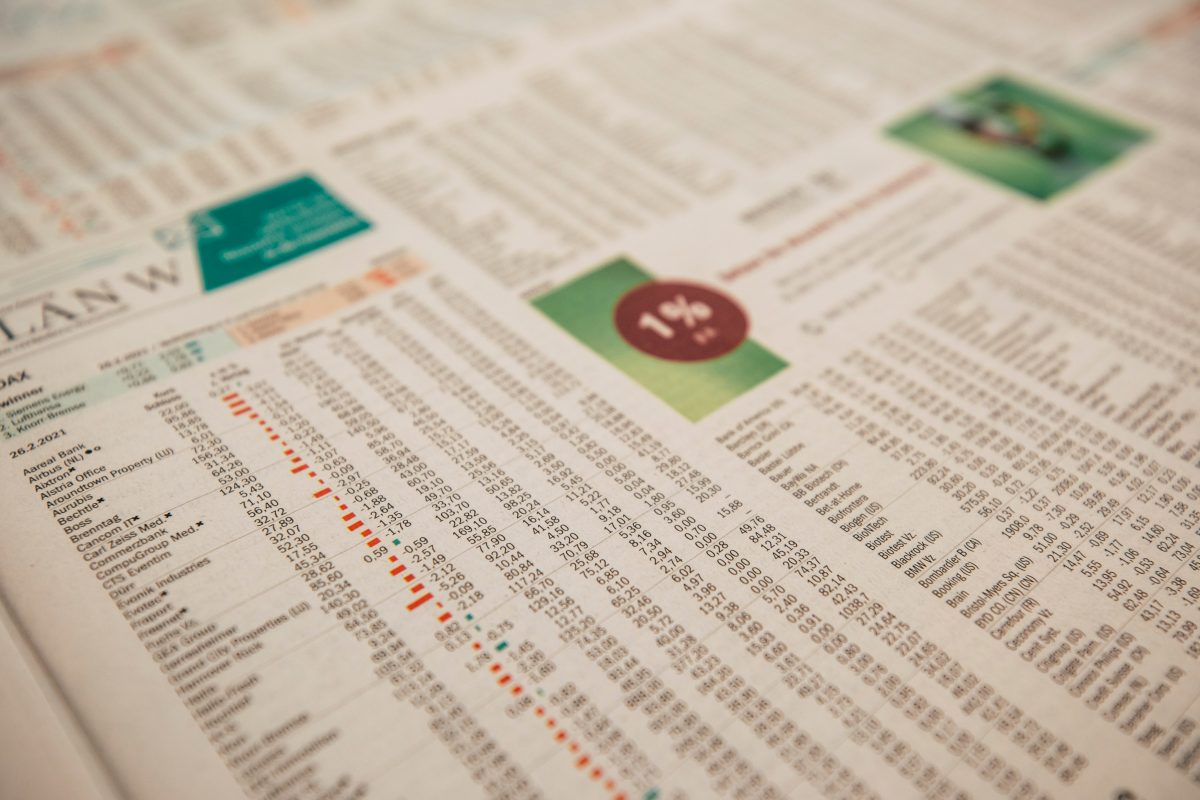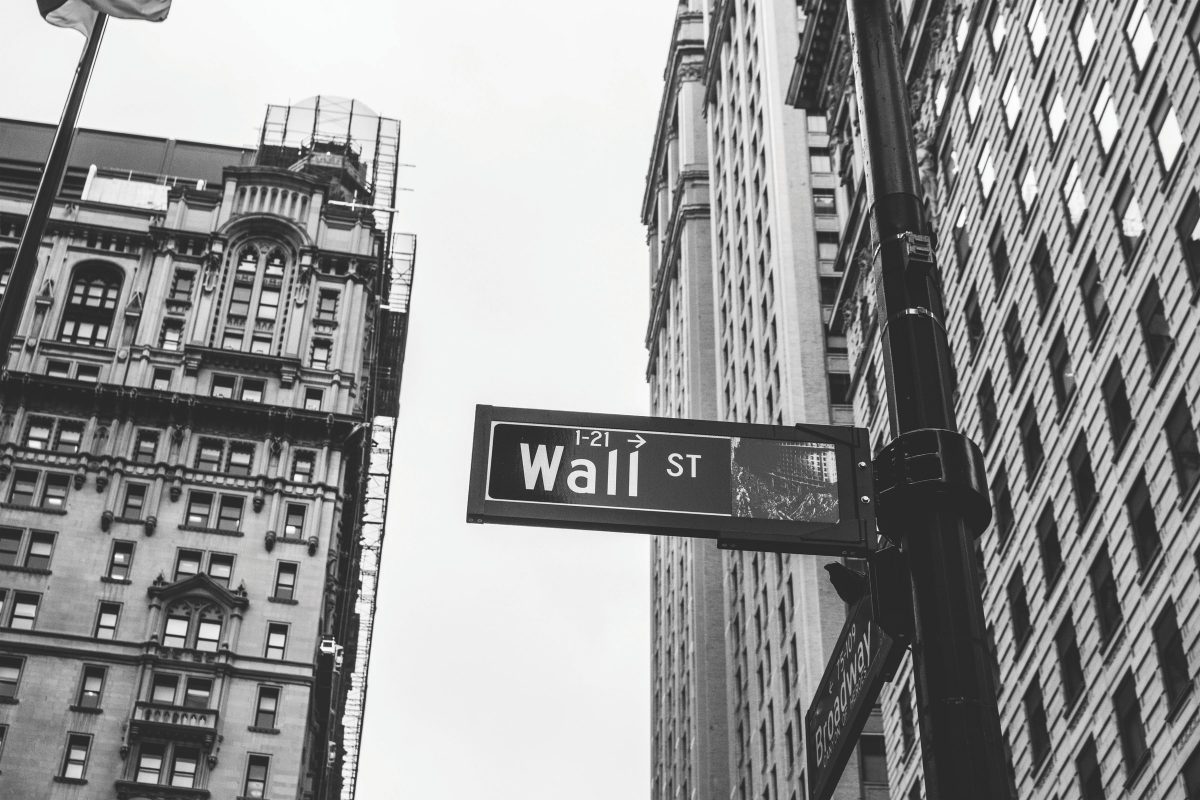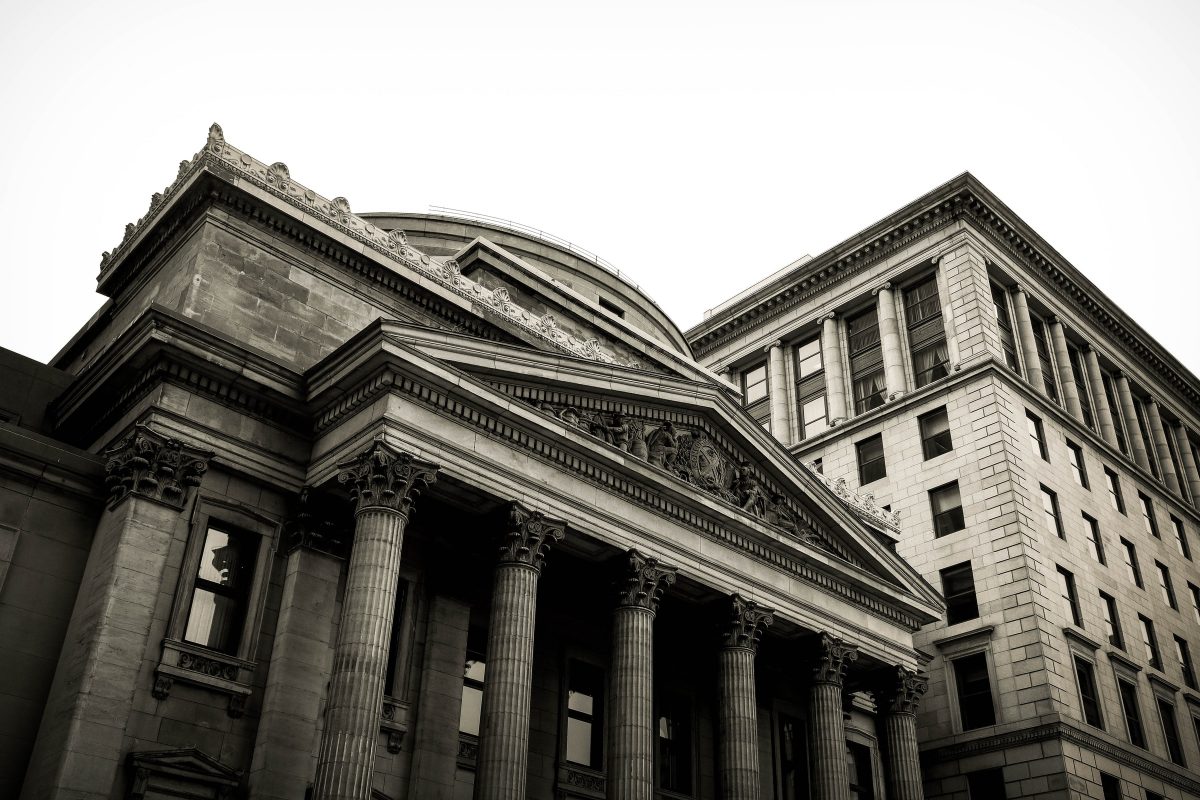The Hong Kong protests are caused by deep-rooted economic frustrations… This argument has been all too common in the discourse surrounding Hong Kong’s months-long struggle against authoritarianism.
Western analysts, the Hong Kong Special Administrative Region (HKSAR) government, and various Chinese state media outlets have argued that unrest in the city has been fuelled primarily by stagnating incomes and high living costs.
Proponents such as Chandra Nair, who heads a Hong Kong-based think tank, argue that “the demand for democracy is thus motivated by the belief that it will lead to a better, stronger, more accountable, and less captive government.”
It is true that issues such as affordability, income inequality and economic mobility are heavily affecting citizens and influencing their daily lives. However, identifying the economy as the focal point for Hong Kong’s mass social movements is naive.
It ignores crucial factors such as China’s aggressive expansion of its political influence in the HKSAR, as well as citizens’ deeply rooted wish for autonomy and freedom. To better understand the current protest movement and its causes, Hong Kong’s history of resistance since 1997 cannot be ignored.
Historical context
Since the handover in 1997, there have been periodic Hong Kong protest movements fighting to preserve Hong Kong’s autonomy and achieve full democratic rights. In nearly every year since 2003, a major pro-democratic protest with attendance numbers exceeding 100,000 citizens occurred.
These protests were mostly sparked by China’s systematic encroachments on Hong Kong’s freedom and follow a common trend, namely fighting against every attempt to assimilate Hong Kong into the mainland.
At every moment of resistance, new waves of activists have joined their fellow citizens and actively raised awareness domestically and abroad of the influence of the CCP in Hong Kong, China, and abroad.
While economic factors were occasionally mentioned, they were never the centre of any demonstration or act of resistance.
This becomes evident when looking at notable moments in Hong Kong’s history of civil unrest since the handover:
- The 2003 July 1st marches: more than 500,000 demonstrators protested against an anti-subversion bill being pushed through the legislative council.
- The 2007 movement against National Education: National Education was introduced but a high school student-led movement compelled the Chief Executive, CY Leung, to make the “National Education” curriculum optional for schools.
- 2014 Occupy Movement (Umbrella Revolution): protesters occupied key areas in Hong Kong, most notably Central, demanding universal suffrage and true democracy, after Beijing asserted that it would essentially select candidates for Hong Kong’s Chief Executive.
- In the period between 2015 and 2019, there was a lull where no major protests occurred, likely because no major changes were made to “One Country Two Systems”.
Economic perspective
Throughout the past 15 years of increasing social resistance, Hong Kong’s economy underwent economic cycles like the rest of the world. In contrast to other major world cities though, it failed to achieve a comparable level of economic equality.
For instance, only 7% of Hong Kong’s land area is zoned for residential development, thereby driving Hong Kong’s housing costs to becoming the most expensive in the world. Four major property tycoons control the city’s prime real estate.
Hong Kong’s Gini coefficient (a gauge of economic equality), is 0.539, representing inequality greater than those of the cities such as London and Los Angeles. Despite this, Hong Kong’s protests and social movements have shown essentially no correlation with changes in the unemployment rate, median income, or GDP growth.
This differs greatly from protests in Chile, Venezuela, and France, where protest demands are directly linked to economic conditions or proposed changes. Though the Hong Kong economy may be a factor contributing to general discontent in the city, it is far from a “deep-rooted” cause as many would assert.
Debunking the “economic-cause” myth
David Dodwell, a vocal proponent of the “economic-cause” theory, has pointed at income stagnation and economic pressure as driving factors of discontent in the past two decades. He argues that past anti-government movements in 2003 against the anti-subversion bill and the 2014 Umbrella Movement for democracy were driven by economic dissatisfaction.
Mr Dodwell fails to offer evidence of specific economic impacts that triggered these movements. He also ignores that the majority of social movements in Hong Kong’s recent history have been triggered by policy changes or encroachments on Hong Kong’s autonomy. Yet, this theory continues to be recognised by major news outlets and analysts.
In her annual policy address in 2019, Hong Kong’s Chief Executive, Carrie Lam, “pledged to provide better welfare policies while making substantial increases in affordable housing”. Parallel to her promise, Chinese state-media outlets have also urged the HKSAR government to offer economic assistance to Hong Kong as protests end.
However, despite a USD$300 million stimulus package debuted in October, millions of Hongkongers kept taking to the streets. Through peaceful demonstration, vandalism of pro-government assets, boycotts, unionisation, and the ballot, Hongkongers have engaged in personal and economic sacrifice with the hope of attaining freedom, democracy, and justice.
Focusing on economic inequality and income stagnation ignores the CCP’s systematic erosion of Hong Kong’s autonomy since the handover in 1997. The CCP promised the Hong Kong people election of their Chief Executive by universal suffrage under the Basic Law in 1997.
The only plausible reason this has yet to be granted is because Hong Kong has yet to meet the CCP’s goal of ideological and political assimilation. Through the proposed National Education curriculum in 2007 and the recent extradition bill, the CCP has shown that it is keen to increase its control over Hong Kong through indoctrination and institutions.
This approach has been and will continue to be unsuccessful as Hongkongers increase their awareness and activism.
What next?
Proponents of the economic-cause theory are right in their understanding that protests are driven by citizens’ personal ideas and emotions. However, Hongkongers’ primary frustration is the lack of justice over the past eight months. Though the economy may be a factor, it is well behind the significance of the HKSAR government’s inherent loyalty to Beijing and its unwillingness to respond to protesters’ demands.




